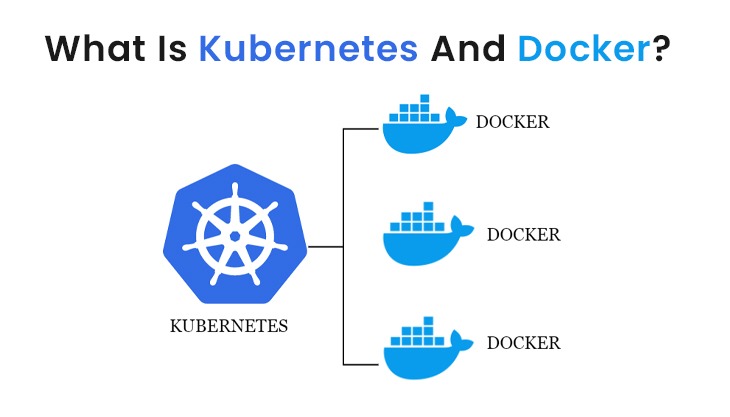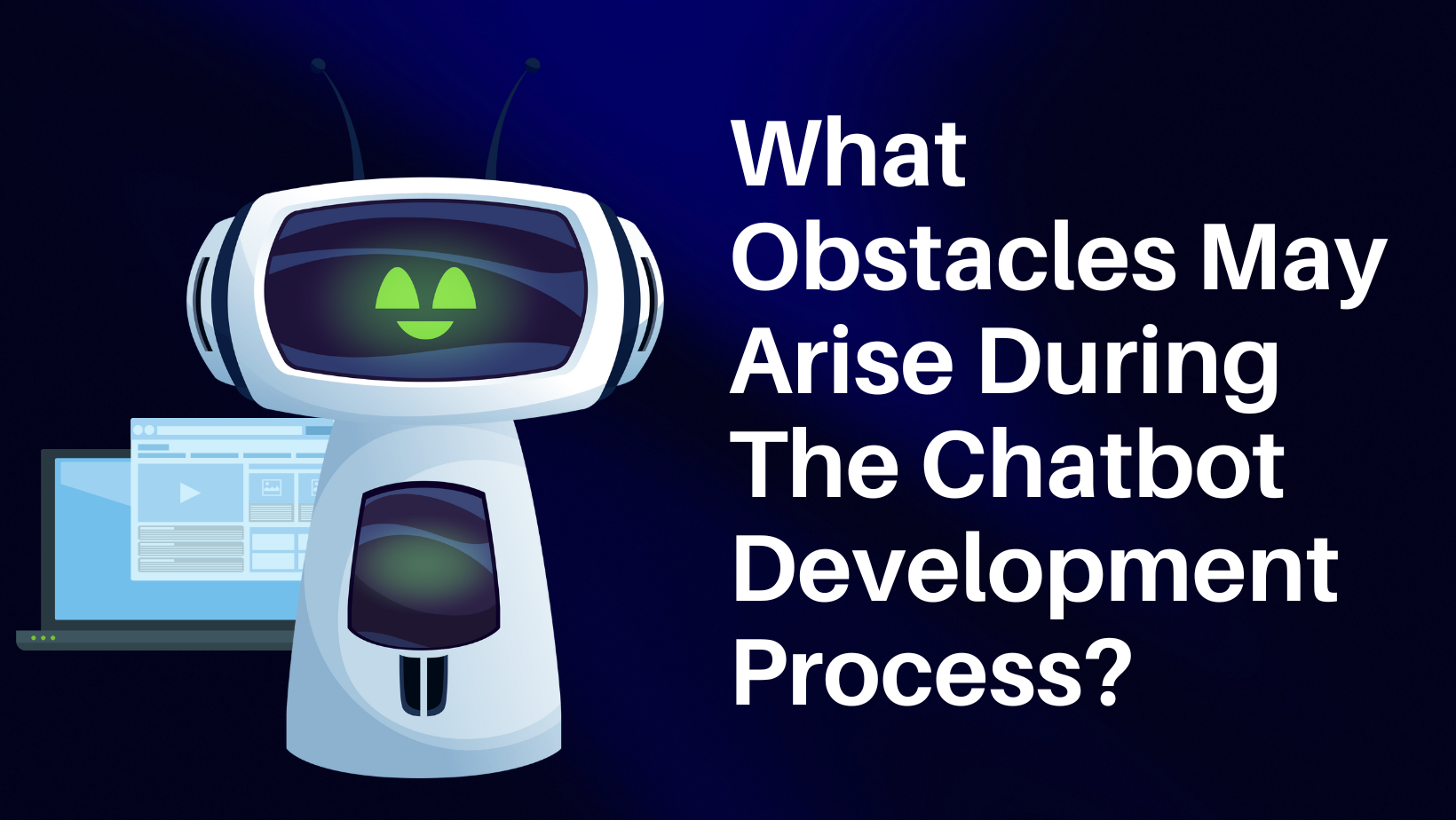What is Kubernetes?
Kubernetes is a compact, extensible, open-source platform for handling containerized workloads and co-operations facilitating; both declarative arrangement and automation.
* It has a great, rapidly evolving ecosystem.
* Kubernetes assistance, support, and tools are broadly available. Containers are a fantastic way to combine and manage your applications.
In a production environment, you need to maintain the containers that manage the applications and guarantee no downtime. For example, if a container runs down, another container demands to start. Wouldn't it be more comfortable if a system managed this behaviour?
That is how Kubernetes appears to the rescue! Kubernetes presents you with a structure to run distributed systems resiliently. It takes charge of scaling and failover for your application, implements deployment patterns, and more. For example, Kubernetes can easily handle a canary deployment for your arrangement.
Here are the fundamental characteristics of Kubernetes:
* Offers computerized scheduling
* Self-Healing abilities
* Mechanical rollouts & rollback
* Uniform Scaling (Horizontal) & Load Balancing
* Implements a higher quantity of resource utilization
* Proposes enterprise-ready innovations
* Application-centric administration
* Auto-scalable foundation
* You can generate predictable support
* Provides declarative configuration
* Deploy and modernize software at scale
* Offers environment flexibility for developing, testing, and composition
What is Docker?
Docker is a platform as service commodities that practice OS-level virtualization to produce software bundles known as containers.
Containers are isolated from one another and bundle their software, libraries, and configuration data to transmit through outlined channels.
Developing apps now demands so much more than typing code. Complicated languages, frameworks, architectures, and discontinuous interfaces among tools for specific lifecycle stage generates tremendous complexity.
Docker simplifies and stimulates your workflow while giving developers the independence to innovate with their decision of instruments, application stacks, and deployment conditions for each plan.
Here are the quintessential characteristics of Docker:
* Private environments for maintaining your applications
* Simple Modelling
* Version controller
* Employment/Affinity
* Application Coordination
* Developer Potency
* Operational Effectiveness
Difference between Kubernetes and Docker
It is pretty apparent to match Kubernetes and Docker. Yet, a better analogy is Kubernetes vs Docker Swarm.
Docker Swarm is an orchestration technology comparable to Kubernetes. Docker Swarm is usually tightly linked within the Docker ecosystem and concentrates on the clustering of Docker containers.
A notable distinction between Docker and Kubernetes is that:
* Kubernetes is produced by Google, whereas Docker Inc makes Docker Swarm.
* Kubernetes implements Auto-scaling, whereas Docker Swarm does not recommend autoscaling.
* Kubernetes maintains up to 5000 nodes, whereas Docker Swarm holds more than 2000 nodes.
* Kubernetes is scarce extensive, and customizable, whereas Docker Swarm is extra comprehensive and deeply customizable.
* Kubernetes presents low fault tolerance, while Docker presents unusual fault tolerance.
* Docker can be practised without Kubernetes, whereas Kubernetes demands a container runtime to orchestrate.
Since its first release in 2015, Kubernetes has remained universally adopted, and at this time, has enhanced the de-facto model for container management and orchestration. Kubernetes presents an infrastructure-level structure for orchestrating containers at scale and for controlling user communication with them.
In a considerably identical way, Docker has converted the standard for container development and deployment. Docker renders a platform for developing, deploying, and running containers at a more fundamental, nuts-and-bolts level. It is the base on which that Kubernetes framework works.
Kubernetes advantages
Here are the pros/ advantages of working with Kubernetes:
* The simple organization of assistance with pods.
* Being acquired by Google, it provides ages of relevant industry experience to the board.
* It has the most comprehensive community between container orchestration devices.
* It extends a variety of storage alternatives, including on-premises SANs and public clouds.
* It adheres to the policies of a permanent foundation.
* Kubernetes can present a container managing the DNS name or practising their IP address.
* Kubernetes enables you to automatically install a storage system of your selection, such as local storages, public cloud providers, and likewise.
* You can specify the desired state for your deployed containers adopting Kubernetes, and it can improve the actual state to the wanted state at a regulated charge.
* You implement Kubernetes with a cluster of links that it can practice to govern containerized duties.
* Kubernetes restarts containers that collapse returns containers, destroy containers that do not acknowledge your user-defined wellness check, and does not promote them to clients until they work.
* Kubernetes allows you to store and handle sensitive data, such as keys, OAuth tokens, and SSH keys.
Conclusion
The discussion about Kubernetes vs. Docker is frequently raised as either-or: should I adopt Kubernetes or Docker? Which is a typical misunderstanding that you must pick one over the another.
The dispute between Kubernetes and Docker is more clearly understood when expressed as a "both-and" problem. The truth is, you do not ought to determine—Kubernetes and Docker are essentially different technologies that work great collectively for building, delivering and scaling containerized software.

















Post Comments